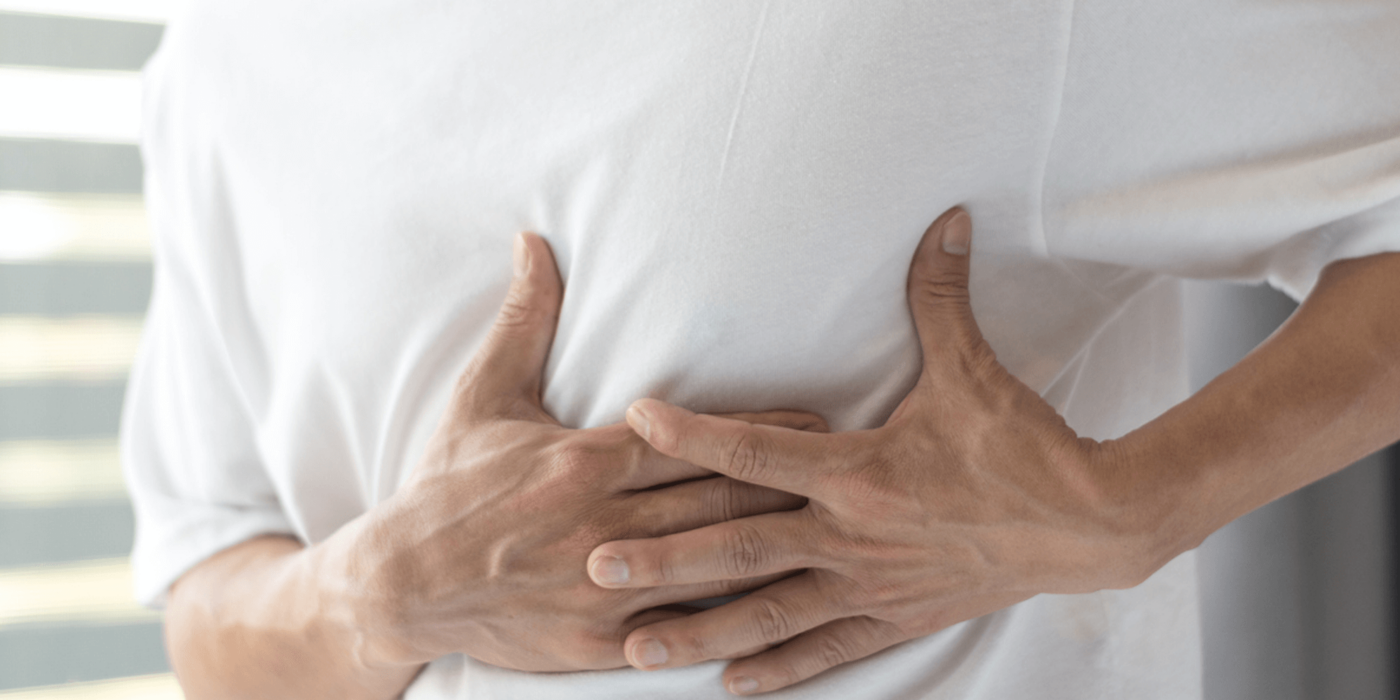Sleeping with Intercostal Muscle Strain: Strategies for Comfort and Recovery
You’re familiar with that feeling, aren’t you? That sensation as if a phantom pugilist is administering a firm jab to your ribs? It’s not exactly the day, week, or duration of time you envisaged carrying this irksome discomfort around.
Nonetheless, it appears you’ve unintentionally played host to an intercostal muscle strain. Don’t panic though, mate! You see, our bodies are a bit like a finely built structure. We have our beams (the bones) and our bricks (the muscles).
Among these bricks lie the intercostal muscles, nestled snugly between your ribs. They’re crucial for something as fundamental as breathing.
Now, imagine one of those bricks taking a bit of damage – that’s essentially what we’re dealing with here. Straining or injuring these muscles can make it feel as if every breath you take, every move you make is inducing pain. And that’s because, quite literally, it is!

Causes of Intercostal Muscle Strain
We must face the truth, none of us are growing any younger. And as we advance in years, or push our bodies to the limit (yes, I’m directing this at you, weekend warriors), we become more susceptible to injuries such as intercostal muscle strain.
It could stem from an abrupt movement, a rigorous workout where the warm up or cool down was neglected, hoisting something heavy, or even a particularly robust sneeze.
Anything that exerts undue pressure or force on those intercostal muscles has the potential to result in a strain.
Symptoms and Diagnosis
So, how do you determine if the pain you’re experiencing is indeed an intercostal muscle strain? Well, a healthcare professional is the only one who can definitively diagnose it, but there are a few key indications:
- Acute pain in the upper body or ribs
- Intensified pain when you inhale deeply, cough, or sneeze
- Pain that exacerbates with movement or activity
- Sensitivity in the area between your ribs
If you’re experiencing these symptoms, it would be wise to have a discussion with your NHS GP or practitioner.

Treatment Options for Intercostal Muscle Strain
Now, let’s delve into what you can do to facilitate your body’s healing process. Bear in mind, these treatments are to complement any advice or treatment suggested by a healthcare professional, not to replace them.
Rest and Pain Relief:
The initial and most critical step you can take is to grant your body a reprieve. Rest is imperative to allow your body to recuperate. Over the counter pain relief may also prove beneficial in managing the discomfort.
Physical Therapy:
Your doctor might recommend physical therapy, and for good reason. It can do wonders for your flexibility and strength, which are rather useful when trying to evade further injuries.
Massage Therapy:
Let’s not undervalue massage therapy, as it can be a key ally in your recovery journey. A massage therapist can relieve your muscles, optimise your blood circulation, and stimulate the healing process in the affected area.
Bear in mind, though, it’s vital to find a therapist who comprehends your condition thoroughly and can tailor their techniques to your specific needs.
The wrong kind of massage could inadvertently worsen your situation, so ensure you conduct your research thoroughly and maintain open communication with your therapist.
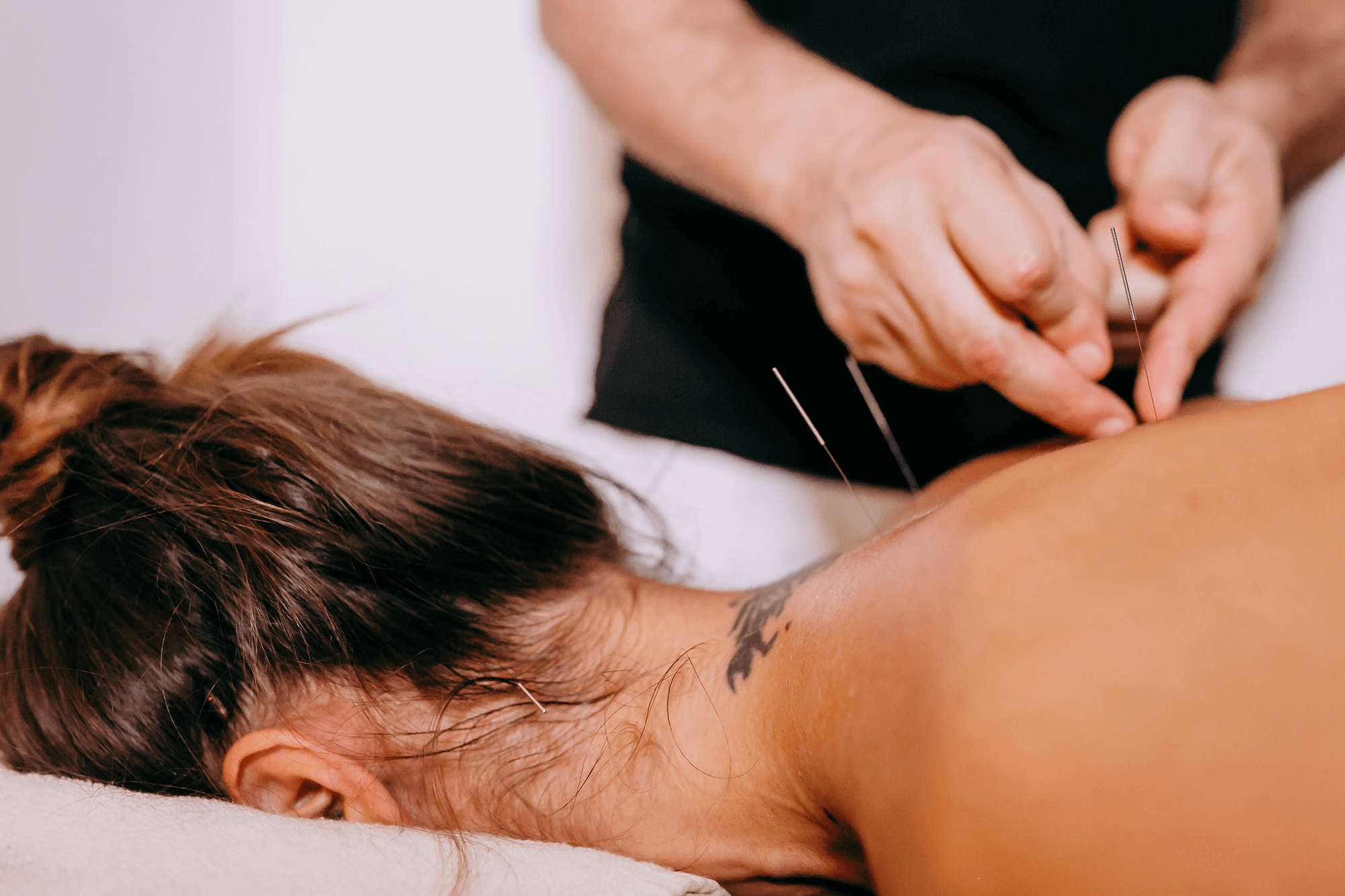
Acupuncture:
As I was saying, acupuncture could help rebalance your body’s energy flow, or qi (pronounced ‘chee’). By targeting specific points related to pain and inflammation, an acupuncturist can potentially alleviate the discomfort associated with an intercostal muscle strain.
Numerous people swear by this treatment, finding it both relaxing and effective for managing a variety of pain types. However, just a little reminder… when it comes to any form of treatment, everyone’s different.
Your mate’s miraculous quick fix might not do the trick for you, and vice versa. That’s why it’s absolutely crucial to find a licensed practitioner when exploring treatments such as acupuncture.
They’ll guide you through the process and ensure everything is done safely and effectively. No guesswork, no dodgy internet tips, just professional advice.

Hot & Cold Therapy
Now, moving on to something a bit different – heat and cold therapy. Ever placed a hot water bottle on a sore spot, or maybe an ice pack on a fresh injury?
That’s the gist of it. Applying heat to the pained area can kickstart blood flow and help your muscles unwind, potentially reducing the stiffness and discomfort you’re experiencing.
On the other hand, cold therapy can be a powerful tool against inflammation, helping to numb the area and alleviate pain.
Just remember to always protect your skin with a towel or similar barrier – you’re aiming to soothe the strain, not gain a frostbite badge of honour or a heat rash!

You can use an ice bath or cold shower before bed, as this can help increase your natural production of melatonin, for better sleep.
Bear in mind, it’s usually recommended to apply cold therapy straight after an injury for the first day or two, then switch to heat.
Your healthcare provider (NHS GP or Private Practitioner) can give you the best advice tailored to your situation. Remember, we’re trying to give your body the TLC it needs to heal, not add more fuel to the fire.
Remember to always use a barrier like a towel between the ice or heat pack and your skin to avoid burns or frostbite. Typically, it’s recommended to use cold therapy immediately after the injury for the first day or two, then switch to heat.
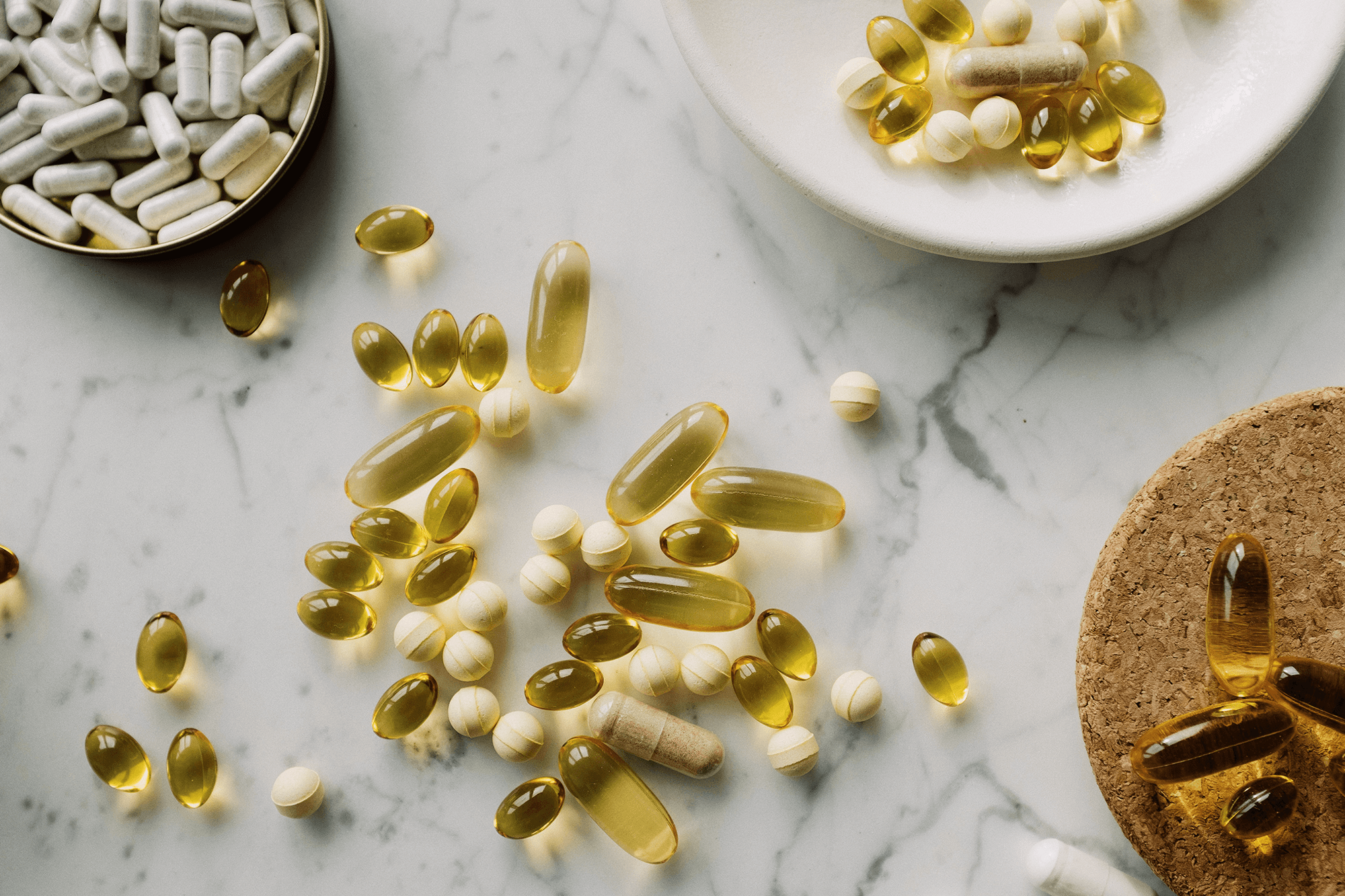
Supplements for Dealing with Intercostal Muscle Strain
Supplements can be a bit like the cherry on top of your recovery plan. They’re not going to do all the work, but they can help to support your body as it heals.
Remember, though, that everyone is different, so what works for one person might not work for another. Always check with a healthcare professional before starting any new supplement regiment.
CBD Oil
This little gem has gained quite a bit of popularity in recent years. Not only is it thought to help reduce inflammation and pain, but it’s also been used to improve overall sleep quality. And if you’re not a fan of taking it orally, there are alternatives like sleep patches or calming patches.
Fish Oils:
They’re naturally anti-inflammatory, so they might help to aid your recovery over time and reduce pain. They won’t provide immediate relief, but they’re a good one to include for long-term health.
Curcumin:
This is the main active ingredient in turmeric, and it’s a natural anti-inflammatory. It might be beneficial for some individuals, but do be aware that some people are intolerant and it might not be the best option for them.
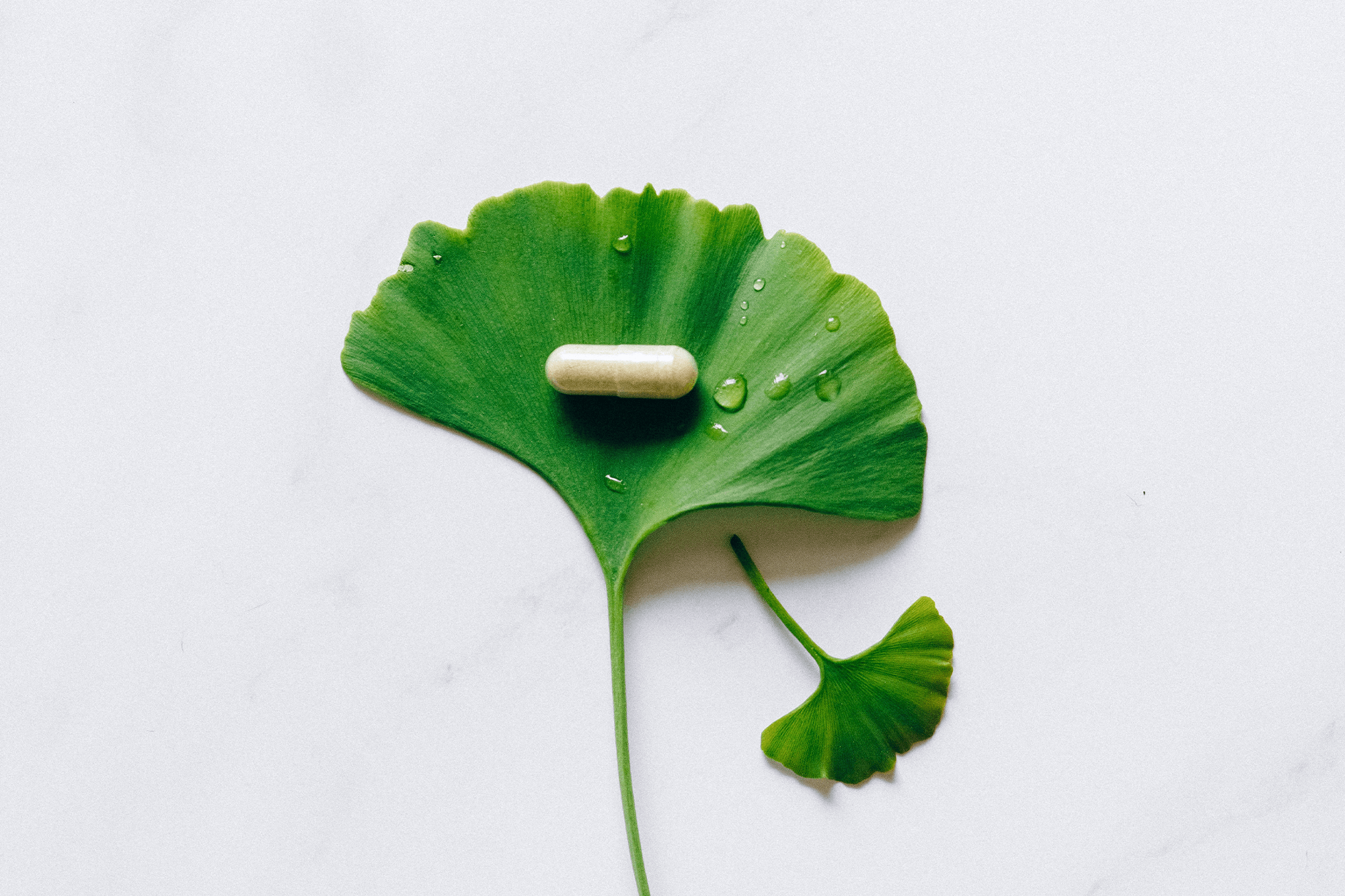
Magnesium Glycinate
Magnesium Glycinate has been known to help manage stress and promote better sleep.
How? Well, it aids in the regulation of neurotransmitters, which are chemical messengers in your brain. These neurotransmitters are crucial for sleep, mood, and, you guessed it, stress response.
For those with intercostal muscle strain, a good night’s sleep is vital for recovery. Plus, managing stress levels can also support healing, as high stress can lead to increased inflammation and slower tissue repair.
Taking around 500mg of magnesium glycinate may encourage your body’s natural production of melatonin, the hormone that regulates your sleep-wake cycle. It’s like a lullaby for your cells, encouraging them to rest, recover, and rejuvenate.
Glycine:
This little amino acid is quite the multitasker! At doses of 3-5g, it’s used to improve overall sleep quality, potentially helping you get into a deeper and longer sleep. This, in turn, can lead to increased recovery potential.
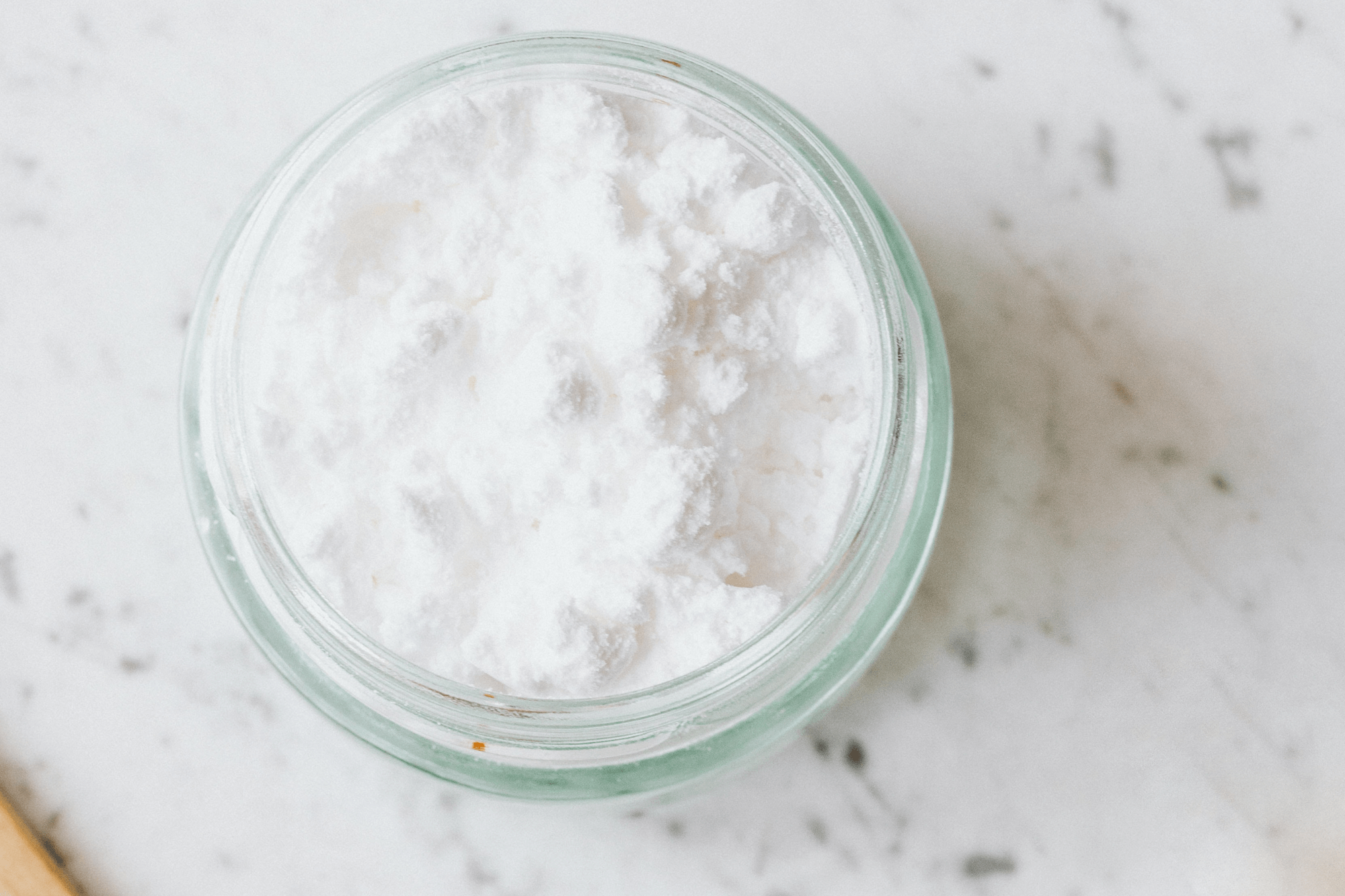
5-HTP:
This is another supplement often used in sleep products to aid with sleep. It’s a precursor to serotonin, a neurotransmitter that plays a key role in regulating sleep and mood. Note, however, if you’re on SSRI’s, you should steer clear of 5-HTP.
Reishi Mushrooms:
These fungi are not just for the dinner plate. They’ve recently become popular in the world of sleep management, showing promising results in improving sleep scores.
Ecklonia Cava:
This marine plant, at 300mg, has been noted to improve overall sleep quality. It decreased sleep latency (the time it takes to fall asleep) by nearly 40% in one study and increased the amount of non-rapid eye movement in sleep.
Magnesium Flakes or Epsom Salts:
Using Magnesium Flakes for Epsom Salts while you’re bathing in a hot bath, can help reduce pain due to magnesium’s anti-inflammatory properties.
Combining these salts can provide a very powerful combo to help improve your sleep. You could also look to adding magnesium spray into your regime, where you can spray directly onto the affected area for better results.
Sleep Patches:
Sleep Patches contain natural ingredients that help you reduce your anxiety, as these patches contain a natural anti-inflammatory from planty goodness’.
Combining these to your night time regime after having a nice hot bath or cold shower may prove to be of use. It’s all about trial and error though, as these tools don’t always work for everyone.

Exercise:
As your pain improves, gentle exercises can be incorporated to gradually rebuild strength and flexibility in your intercostal muscles.
A physiotherapist or trained fitness professional can guide you on appropriate exercises and ensure you’re doing them correctly to prevent re-injury. Remember, you should never do exercises that cause pain.
While the aforementioned remedies can potentially provide some respite, it is always advisable to seek professional medical advice when dealing with persistent or intense pain. An intercostal muscle strain may sometimes be misconstrued as more grave ailments, such as a heart attack.
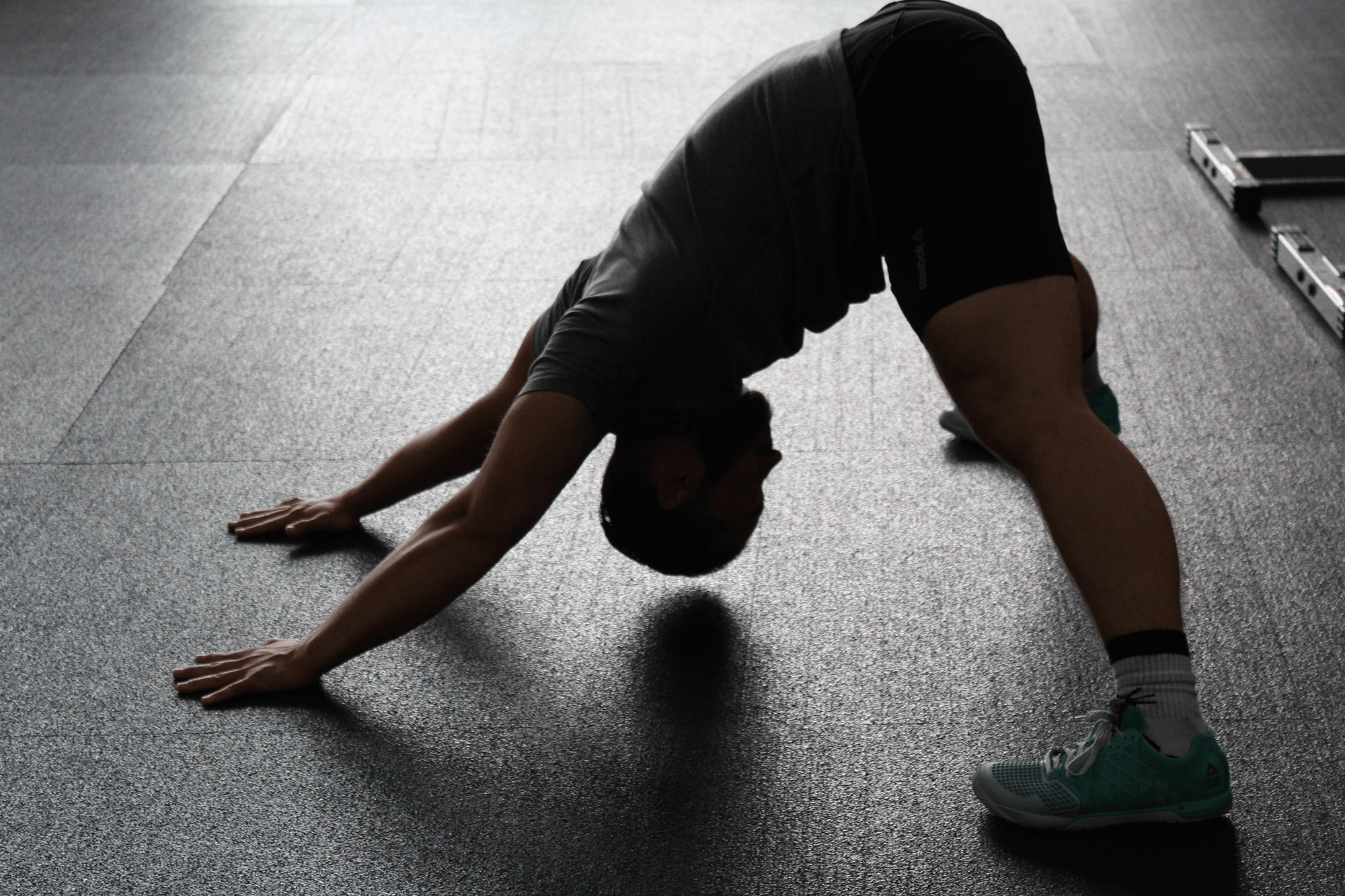
Hence, if you experience chest discomfort that fails to alleviate, extends to your arm or jaw, or is accompanied by symptoms like breathlessness, perspiration, queasiness, or vomiting, it is crucial to promptly seek emergency medical attention.
With time and proper treatment, an intercostal muscle strain will typically heal on its own. It’s important to give your body the rest it needs and to gradually reintroduce activities as your pain improves. By taking care of your body, you can ensure that it will take care of you.

